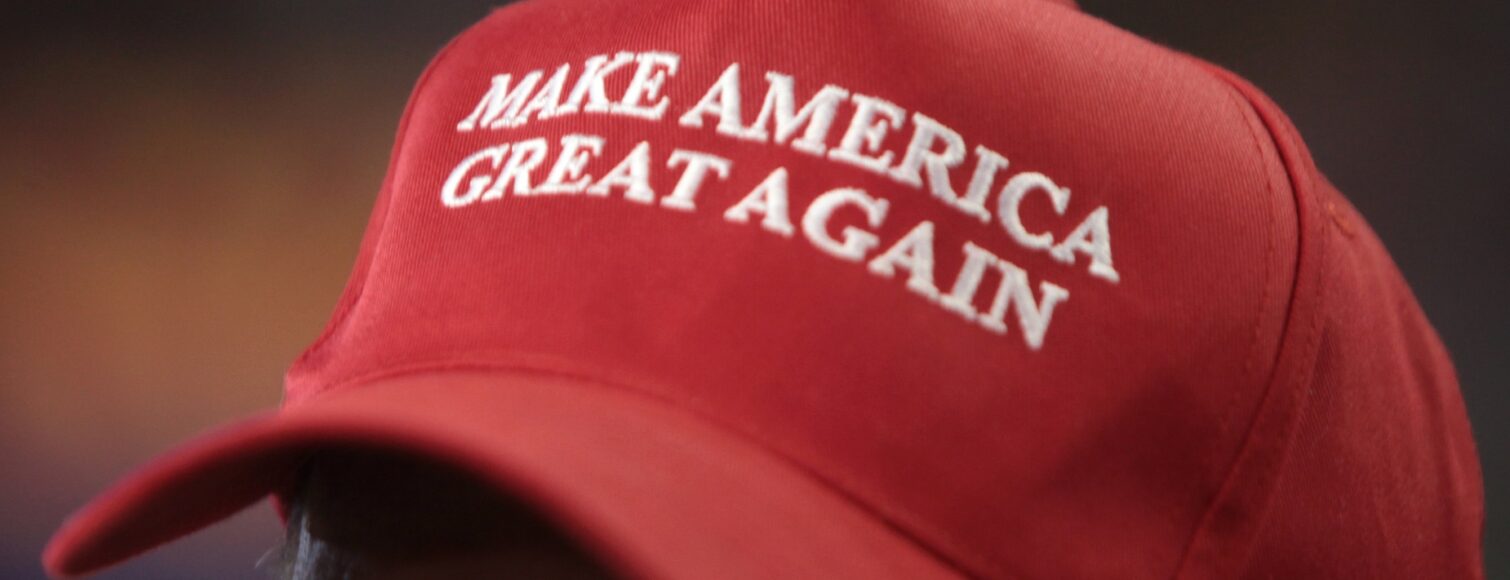Trump won. Trump, the convicted criminal. Trump, the (alleged) sex offender. Trump, the man with agonizingly oppressive values. And, lest we forget, Trump the billionaire.
If you put aside his politics and criminal record for a moment, that final fact stands out like a sore thumb. Trump is a billionaire, helped into the seat of power by Elon Musk, the man who may become the first trillionaire on Earth.
What do political values even mean in the face of so much money?
What chance do the rest of us have in a democracy that can be bought?
In September and October, we hosted a plethora of conversations in Delft about power, privilege, and the ultra-rich. We tried to imagine where the limits to wealth and power should lie, and whether we should “eat the rich” with more taxes or an outright revolution. It was great: it was engaging, challenging, and even fun at times. We brought together people with shared concerns and those who saw no concerns at all; those who are working in different ways to create solutions, and those who are simply stuck wondering what the hell we as individuals can do to even the playing field.
Then, in November, Trump won. And whatever we had imagined once again seemed so small.
Clearly, the conversation on economic inequality – extreme inequality, between individuals, corporations, social classes, and nations – is one that must continue. As hard as it is to imagine how we can change a global society that worships such extravagances, change will happen. When, or how, is not yet clear. But the desire for change is real: I felt that clearly at all of our events this quarter. And I for one want to be prepared, together.
Going forward, you can expect me to keep questioning power in my programs. Even during the Trump years ahead.
- Klaas P van der Tempel, program maker at Studium Generale TU Delft

